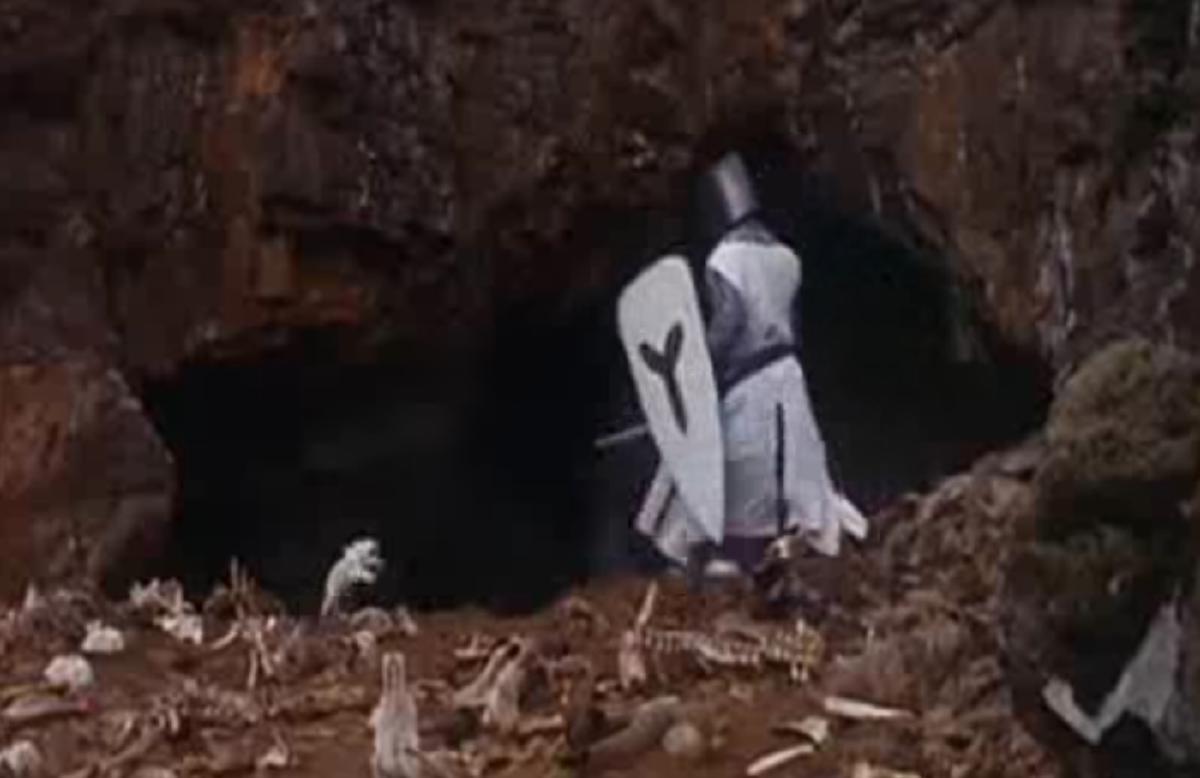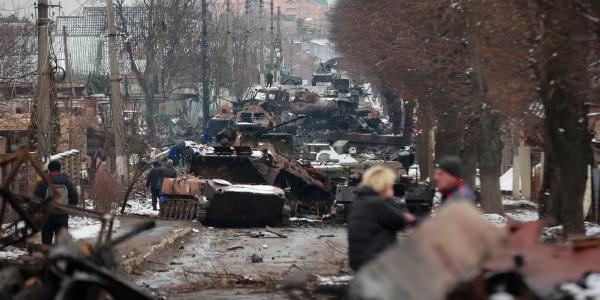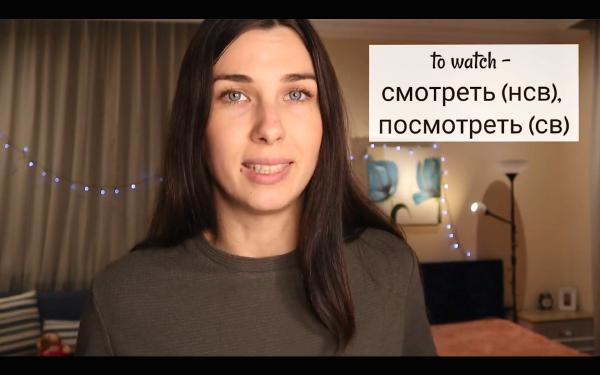Six Cases
Cases are often seen as the ‘Ghost’ of the Russian language. Like the white rabbit in Monty Python and the Holy Grail: ‘Look, that rabbit’s got a vicious streak a mile wide, it’s a killer!’ In this case, it’s a six-headed monster.
The Six Cases
Nominative, genitive, dative, accusative, instrumental, and locative. The six Russian grammatical cases (in English: cases, in Russian падежи) affect words, names, numbers—basically everything, and all the time.
| Case / Case Name | Падеж |
|---|---|
| nominative / nominative | имени́тельный |
| genitive / genitive | роди́тельный |
| dative / dative | да́тельный |
| accusative / accusative | вини́тельный |
| instrumental / instrumental | твори́тельный |
| locative / prepositional | предло́жный |
(Abbreviations: Им, Рд, Дт, Вн, Тв, Пр – sometimes a single letter is used)
A Logical System
Knowing when to use each case is usually easy to determine. The system is logically structured, and you get used to it quickly. Moreover, you can do a lot with it. The Russian cases enrich the language while also keeping it compact.
Finally: Finnish has 16 cases, and Hungarian has 21 – six should be manageable, right? There were even seven cases at one point. You learn them one by one, or you can take a quick look at how these six fit together. The clips below (with study tips) are also helpful for those who need a summary and an overview at a later stage.
Intro to Cases and Strategies for Learning Them
(College Russian, 2015, 11 m)
From the same channel: Strategies for Memorizing Case Endings in Russian (2018, 9 m)
The Idea of a Case
(Denis Fedorov, 2017, 6 m)
From the same creator: How to Learn Russian Cases (and Grammar) (2016, 15 m)
“When the player kicks the ball – well, the ball will be flying, and will be the main part of the sentence” (1:34).
All Russian Cases: Essential Russian Grammar
(Victoria Arysheva, 2016, 4 m)
More
See
- A Complete Guide to Grammatical Cases in Russian (Languages with Tom, 2019, 10 m)
- Русская грамматика: ПАДЕЖИ (Elen Sheff, 2017, 12 m)
- Russian Cases Trainer (Real Russian Club, 2017, 6 m)
- All Russian Cases in 2 Minutes (Cafe Russian, 2016, 5 m)
- Russian Grammar: Cases (Antonia Romaker, 2013, 7 m)
See/read
- Decoding the 6 Russian Cases: A Beginner’s Guide (Live Fluent)
- Russian Cases (Study Russian Online)
- Russian Cases Cheat Sheet (Cheatography)
- Russian Cases from Scratch (FluentU)
- Russian Cases – How to Learn Them Easily (Fast Language Mastery)
- Russian Cases in Simple Words (Pen4Pals)
- Russian Declension Chart – Declension of Russian Nouns (Learn Russian Step by Step)
- Russian/Grammar/Cases (Wikibooks)
- The 6 Cases in Russian Grammar (ThoughtCo.)
- The Cases of Russian Nouns (Master Russian)
As a bonus and irresistible finale, here’s Падежи by Centromania (2019, 4 m). More about the project РТВЭМ – русский текст в электронной музыке (Russian text in electronic music) on soderzhanie.com.
More








